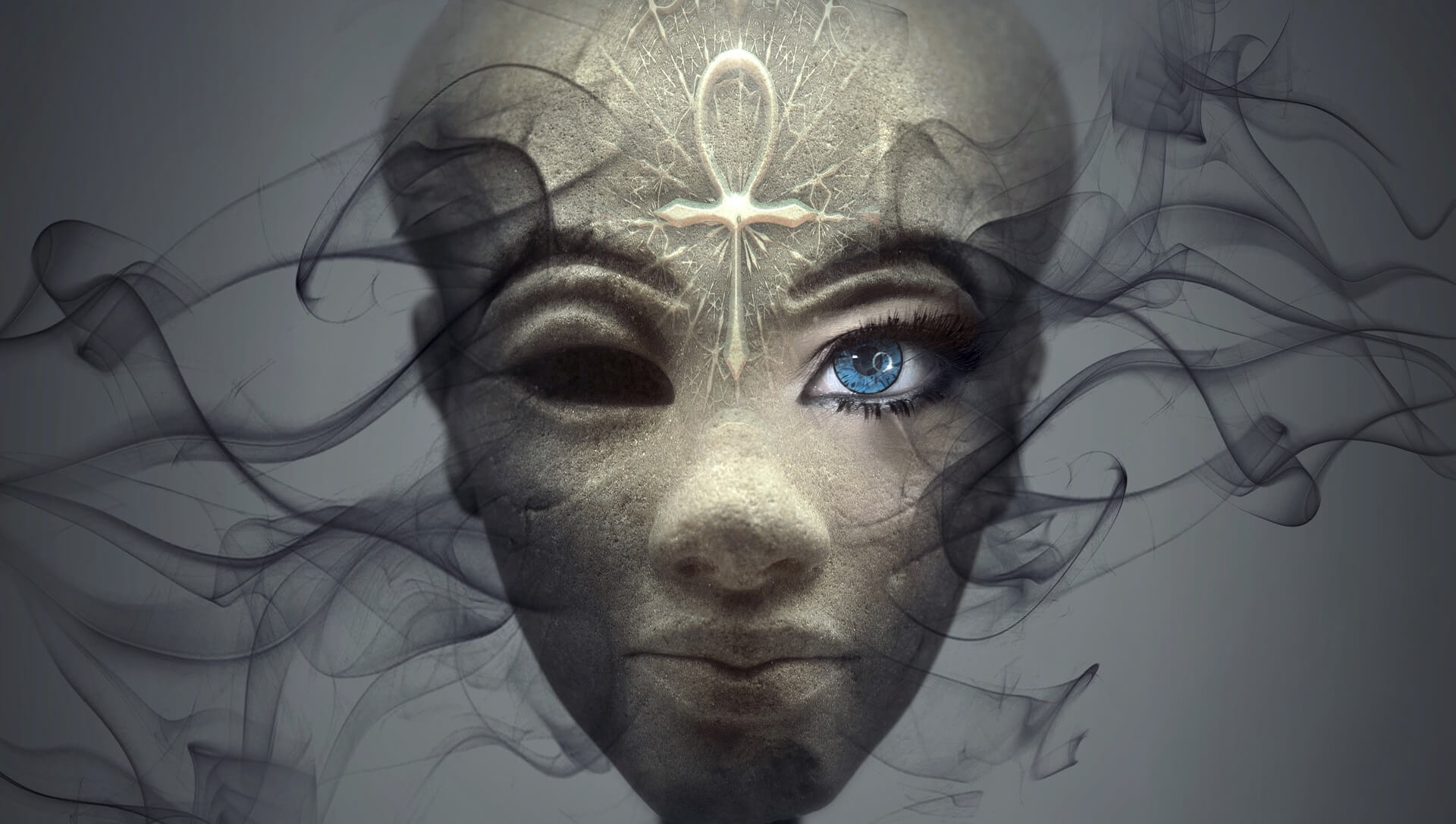Witchcraft is a diverse tradition that encompasses a wide range of beliefs and practices.
Some key beliefs and principles of witchcraft include:
- The worship of the goddess and god as central deities: Witchcraft recognizes the goddess and god as representations of the female and male aspects of the divine.
- Nature worship: Witchcraft is a nature-based religion that recognizes the power and beauty of the natural world. Witches believe in honouring and celebrating the cycles of the earth, such as the changing of the seasons.
- Personal freedom and self-discovery: Witchcraft places a strong emphasis on personal freedom and encourages individuals to discover their own unique path in life.
- Magic and spellwork: Witchcraft recognizes magic as a natural force that can be harnessed to bring about desired outcomes. Spellwork is a central part of witchcraft and involves using symbols, words, and actions to focus one’s intent and create positive change in the world.
- The Wiccan Rede: This is a code of ethics that states, “An it harm none, do what ye will.” This principle encourages witches to use magic and spellwork for the highest good and to avoid causing harm to others.
- The Threefold Law: This principle states that whatever energy one puts into the world will come back to them threefold. This encourages witches to be mindful of their thoughts and actions and to strive to live in a positive, ethical manner.
These are some of the key beliefs and principles that are central to witchcraft. However, it’s important to note that the practice of witchcraft is highly individualistic, and different witches may hold different beliefs and adhere to different principles.




